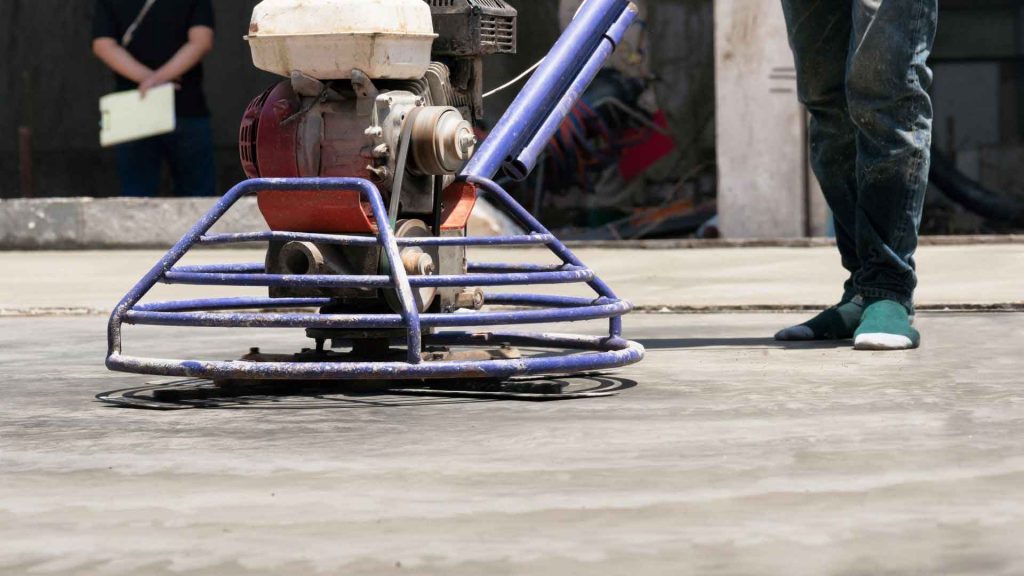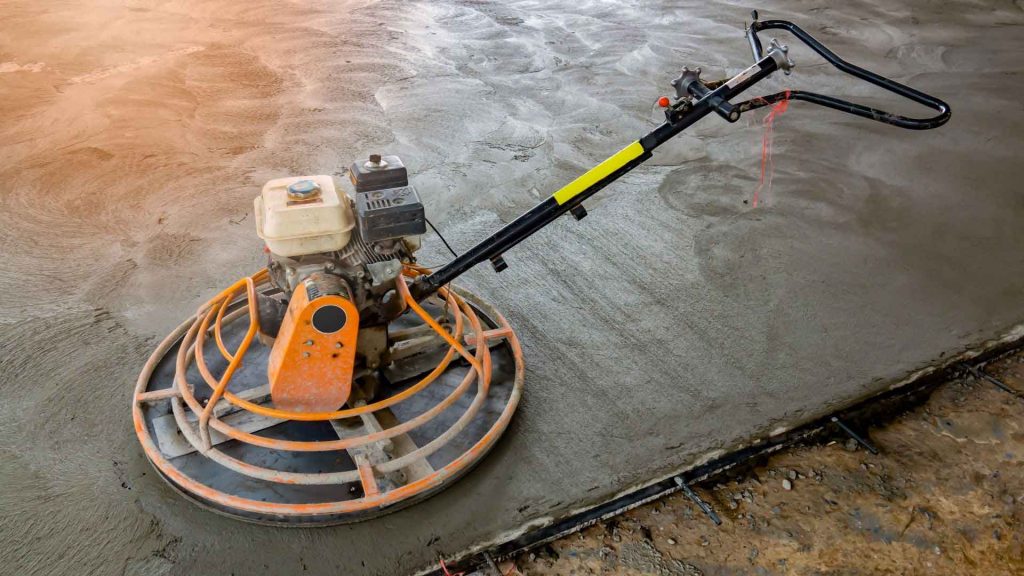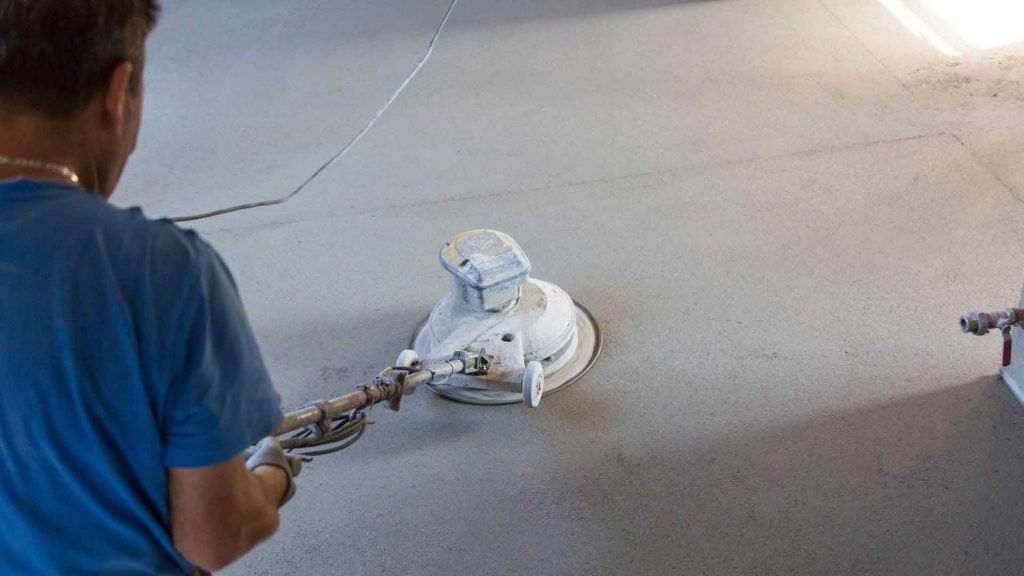Thinking about installing polished concrete floors in your home or business? You’re not alone. This popular flooring option offers durability, low maintenance, and a sleek, modern look that works in everything from garage spaces to luxury homes. But here’s the big question: should you tackle this as a DIY project or call in the professionals?
The answer isn’t straightforward. While some homeowners successfully polish their own concrete floors, others quickly discover it’s more complex than expected. Let’s break down everything you need to know to make the right choice for your project.

Understanding the Polished Concrete Process: What’s Actually Involved
Polished concrete isn’t just about making your floor shiny. The process involves multiple steps that transform rough concrete into a smooth, glossy surface.
First, any existing coatings must be removed, and the concrete surface needs to be ground down. This happens in stages, starting with coarse diamond grinding pads and gradually moving to finer grits. Think of it like sanding wood, but much more intensive.
Next comes the densification process, where a chemical hardener is applied to strengthen the concrete. After this cure, more grinding happens with increasingly fine diamond pads. Finally, a polish is applied to achieve that mirror-like finish.
The entire process can take several days to complete, depending on the size of your space. Each step must be done properly, or you’ll end up with an uneven, patchy result that’s difficult to fix.

Skills and Equipment Required for DIY Polished Concrete
If you’re considering the DIY route, you need to be realistic about what’s required. This isn’t a weekend project you can complete with basic tools from your garage.
You’ll need to rent or buy industrial-grade equipment, including planetary grinders, diamond grinding pads in multiple grits, and dust collection systems. The equipment alone can cost hundreds of dollars per day to rent.
Beyond equipment, you need technical knowledge. Understanding concrete types, knowing when to apply densifiers, and recognising proper cure times are crucial. You also need physical stamina – operating heavy grinding equipment for hours is exhausting work.
Experience with similar projects helps tremendously. If you’ve never worked with concrete or operated industrial floor equipment, the learning curve is steep. Mistakes at any stage can ruin the entire floor, requiring expensive professional repair.
When Professional Installation is Worth the Investment
Some situations practically demand professional installation. If your concrete has significant cracks, stains, or uneven areas, professionals have the expertise and specialised equipment to address these issues properly.
Large commercial spaces or high-traffic areas also benefit from professional installation. The expertise ensures consistent results across the entire surface, which is nearly impossible to achieve without experience.
Professionals also carry insurance and offer warranties on their work. If something goes wrong, you’re protected. They understand local building codes and can handle any permits required for your project.
Time is another factor. What might take you weeks to complete, professionals can often finish in days. If you need your space operational quickly, professional installation makes sense.
Cost Comparison: DIY Materials vs. Professional Services
DIY costs vary widely depending on your concrete’s condition and the tools you need. Equipment rental, diamond pads, densifiers, and polishing compounds typically cost between $3 and $8 per square foot for materials and rentals.
However, DIY costs can spiral quickly if you make mistakes. Ruined diamond pads, wasted materials, or damage requiring professional repair can easily double your initial budget.
Professional installation typically ranges from $8 to $15 per square foot, depending on your location and project complexity. While this seems higher than DIY costs, it includes labour, equipment, materials, and expertise.
Consider the hidden costs of DIY: time off work, physical exhaustion, potential mistakes, and the stress of managing a complex project. Sometimes the professional option offers better value when you factor in these elements.
Making the Final Decision: Questions to Ask Yourself Before You Start
Before deciding, honestly assess your situation. Do you have experience with similar projects? Can you dedicate several consecutive days to the work? Are you comfortable operating heavy machinery?
Consider your concrete’s current condition. New, level concrete in good condition is more DIY-friendly than old, stained, or damaged floors. If your concrete needs significant prep work, professional installation becomes more attractive.
Think about your timeline and stress tolerance. DIY projects often take longer than expected and can be incredibly stressful when things go wrong.
Finally, consider the space’s importance. A garage floor mistake is annoying but manageable. A living room disaster affects your daily life significantly.

Ready to Make Your Decision?
Whether you choose DIY or professional installation, polished concrete can transform your space. If you’ve decided professional installation is right for your project, Concrete Polishing Central Coast has the expertise to deliver exceptional results. Their experienced team handles projects of all sizes across the Central Coast region, ensuring your floors look perfect and last for years.
Contact them today for a consultation and quote – sometimes talking through your project with professionals helps clarify whether DIY or professional installation is the better choice for your specific situation.
